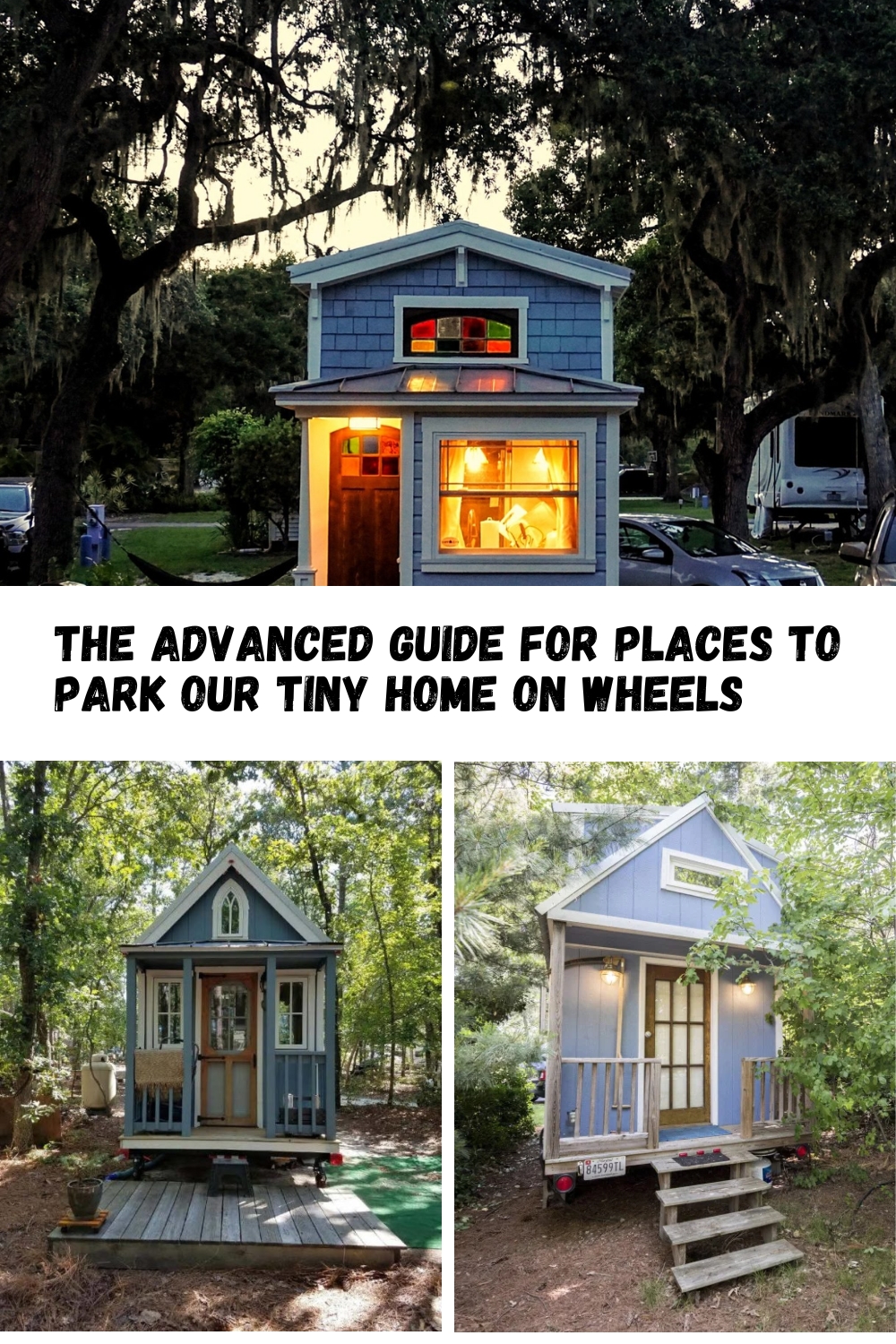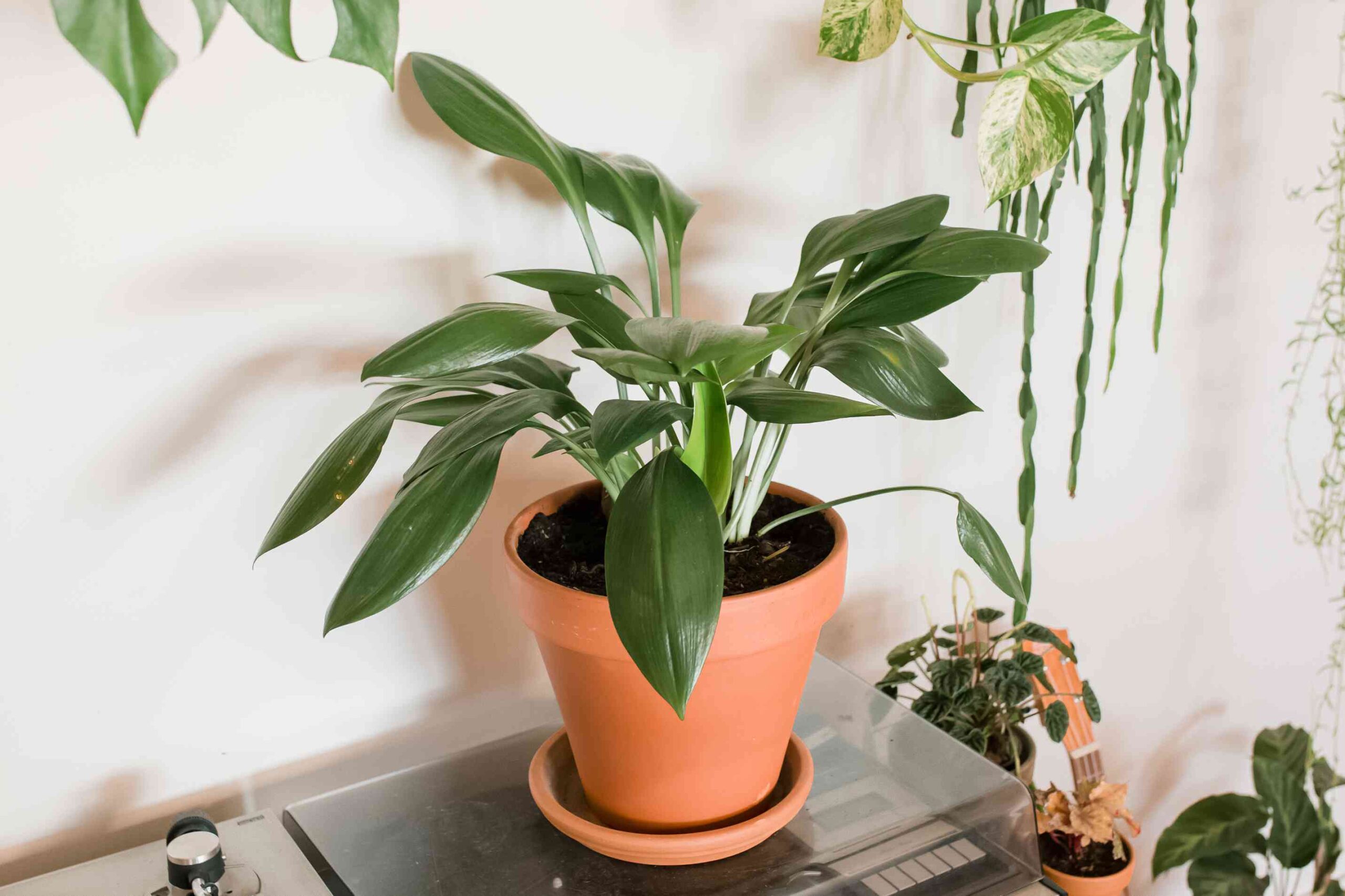
When considering a tiny home like ours, one of the greatest challenges is finding a suitable place to park it. This is a common hurdle for many aspiring tiny home owners, and it’s crucial to understand the different options available.
Types of Places for Tiny Homes
- RV Parks: Often the go-to option, these parks cater to recreational vehicles, including some tiny homes on wheels. Regulations vary by location, so it’s essential to check local zoning laws.
-
Mobile Home Parks: Similar to RV parks but typically designated for larger mobile homes. Tiny homes might find space here depending on local regulations.
-
Trailer Parks: These are designed specifically for trailers, which include tiny homes on wheels. Some areas may allow year-round living depending on zoning.
-
Accessory Dwelling Units (ADUs): Also known as granny flats or mother-in-law suites, ADUs are fully functional tiny homes typically built on a permanent foundation within the property of a larger home. They have their own set of regulations and are gaining popularity in many areas.
-
Sheds: While not always ideal due to design and zoning challenges, some people convert traditional sheds into tiny homes. Success depends on local regulations and the intended use.
Owning Land for Parking a Tiny Home
If you dream of owning land for your tiny home, it’s important to understand the financial aspects:
- Raw Land Loans: These are the most challenging to finance due to the lack of existing infrastructure. They often require a substantial down payment (up to 50%) and higher interest rates.
-
Lot Land Loans: These loans are for lots that are already prepared with infrastructure like sewer, water, and utilities access. They typically require a lower down payment (10-20%) and have more favorable terms compared to raw land loans.
-
Construction Loans: If you plan to build on your land, a construction loan covers both land development and building construction. It’s short-term (usually 3 years) and is repaid from permanent financing after construction is complete.
Each type of loan has its nuances and requirements, impacting your ability to purchase land for your tiny home. It’s crucial to research local regulations and consult with lenders who specialize in these types of loans.
Finding the right place to park your tiny home involves navigating through zoning laws, land ownership considerations, and financing options. With careful planning and research, you can find a suitable spot that aligns with your lifestyle and goals.




